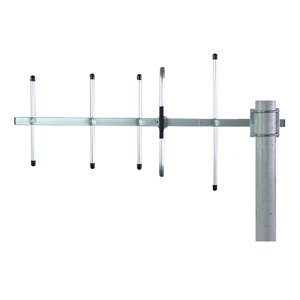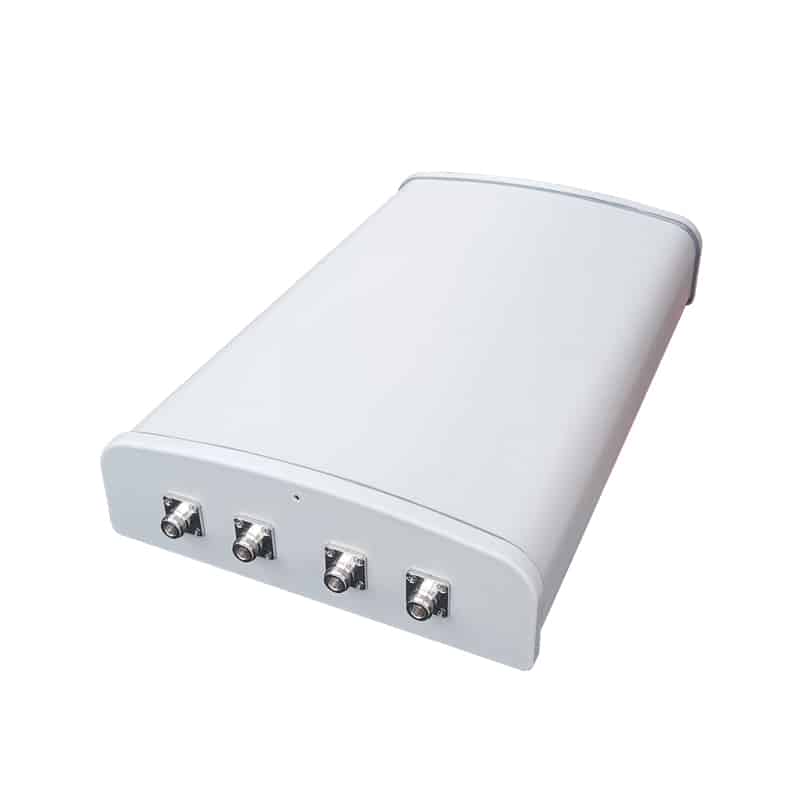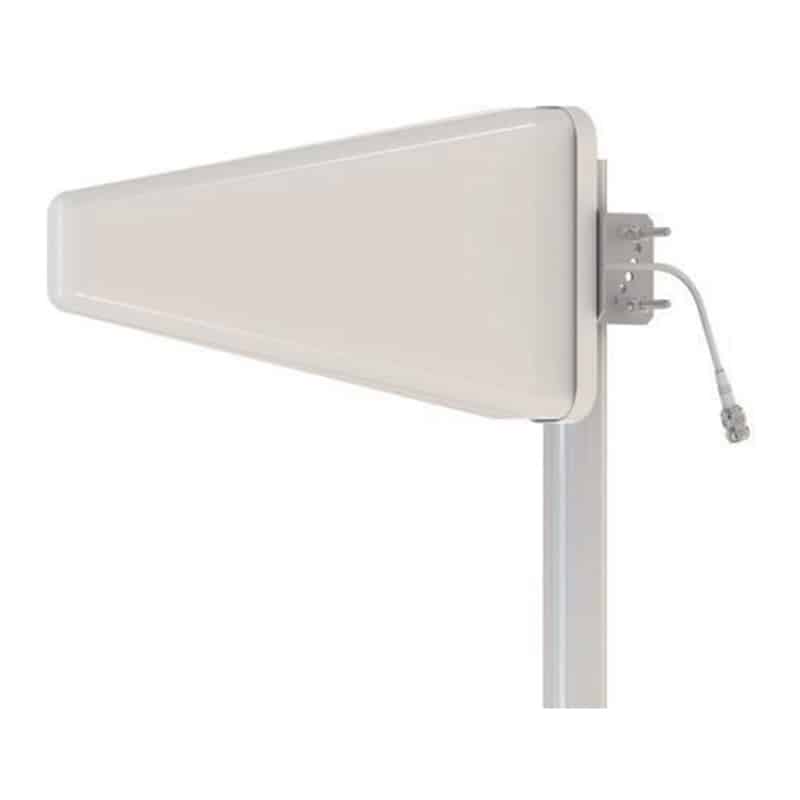RF Antenna Designer & Manufacturer
Since 2010, we have been focusing on the design, developing & manufacturing of high-performance Antennas Products.
Explore Products
About Us
Tesswave technology is one of the famous wireless antenna designer, manufacturers and solution providers in China. Located in Shenzhen China, the coastal area of south China which enables us to enjoy convenient transportation links to the world. Since established in 2010, Tesswave has a strong R&D team and rich manufacturing experience in the antenna industry.
Tesswave specialized in designing and manufacturing 2.4/5GHz Bluetooth & WiFi antennas, Wimax 3.5 GHz antennas, MIMO Antennas, broadband antennas, In-building DAS antennas, CDMA/GSM/3G/4G LTE/5G Antennas, Base station antennas, RFID Antennas, ISM/LoRa/LoRaWAN Antennas, VHF/UHF Antennas, Helium antennas, GPS Antennas, etc.
We have more than 10 years of R&D experience on antennas and 6 years’ OEM experience for overseas customers. As an ISO 9001:2015 certified antenna manufacturing enterprise, providing good quality products always be our mission.
Custom OEM Solutions
Simulation, Design, and Manufacturing
Tesswave has a number of skilled RF antenna engineers, all of whom have more than 20 years of experience in the antenna field, and are proficient in using mainstream simulation and design software such as HFSS, AWR, PRO-E and CAD, etc. Our engineers can independently complete a series of work from antenna design to sample completion.
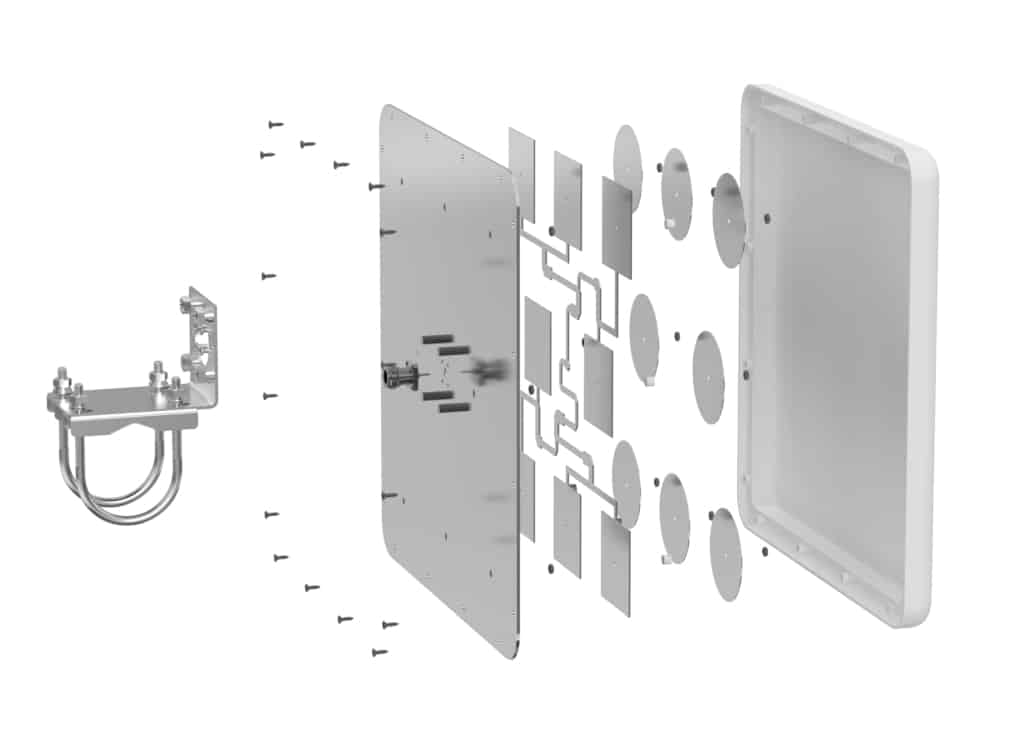
Why Choose Us
Good Reputation
More than 10 years of experience in the antenna industry, recognized by famous companies such as UBNT, MikroTik, TP-Link, etc.
Rich Products
We have a wide range of antennas that covers the 380MHz-6GHz frequency band for applications such as WiFi, MIMO, 4G, 5G, RFID, UHF, IoT, etc.
Superior Service
Provide 7*24 hours of high-quality pre-sales and after-sales services with our professional technical team.
Quality Assurance
All of our antennas enjoy a three-year warranty, if there is any quality problem within the warranty period, please contact us for after-sales.
Efficient Logistics
We have stable logistics partners who can provide you with the most favorable freight and shortest shipping time.
OEM & Customization
With first-class R&D capabilities, we can provide various customized antennas according to your needs

Services Beyond Your Expectation
- Accept small orders or Low MOQ
- A full refund or free replacement for defective products
- Fast delivery, shorten your turnover time of funds
- Product design and customization by skilled RF engineers
- Provides all sets of product datasheets with no doubt
- Quick reply to all queries within 8 hours.
Trusted By Global Brands





Latest Blogs
4G vs WiFi: Understanding the Differences for Better Connectivity
Did you know that in 2024, the number of internet users worldwide was 5.44 billion? This means that around two thirds of the global population are accessing the internet every day. In today’s fast moving world, having reliable connectivity and internet access has become crucial for both personal and professional activities. Various wireless technologies have revolutionized how people and businesses communicate, navigate, and interact within the digital landscape, and 4G LTE (Long Term Evolution) and WiFi are two such technologies most widely used throughout the world. Both 4G LTE and WiFi have been instrumental in bringing significant levels of efficiency, convenience, and security to personal and business spaces. Both of these technologies come with their own set of advantages and limitations, making them suitable for different use cases. This article will explore the key features of both 4G LTE and WiFi and compare their performance in terms of factors such as speed, coverage, reliability, cost, and security. This article will also provide an
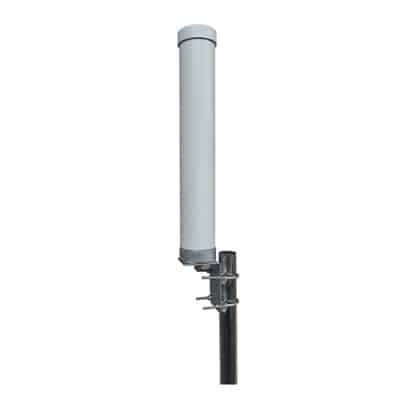
What Is A DECT Antenna? How It Works & Key Benefits
Have you ever wondered how wireless communication systems like cordless phones manage to maintain such reliable and clear connections? DECT antennas hold the answer. Basically, a DECT antenna is the part of a phone that allows wireless communication between the base station and the handset using a certain frequency band that is utilized for calls. The “Digital Enhanced Cordless Telecommunications” (DECT) standard, which is most commonly used in cordless landline phones, is designed to transmit and receive specific radio signals. This article will help you understand DECT systems. Here we have described the function of DECT technology, the various kinds of DECT antennas, their significant characteristics, real-world uses, and how they differ from other wireless technologies. You will have a thorough understanding of the importance of DECT antennas in contemporary wireless communication by the end of the article. Understanding DECT Technology Explanation of DECT DECT technology originated in Europe and is a cordless phone standard used worldwide. The initial DECT standards
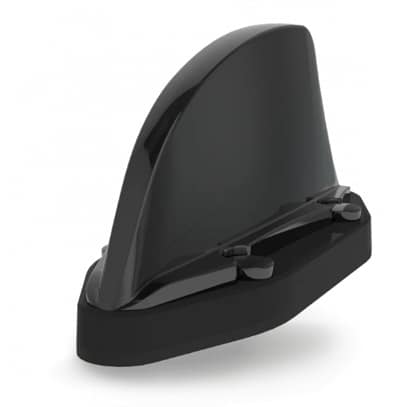
What Is A Rail Antenna? The Complete Guide
With the advancement of technology and the fast-paced modern lifestyles, the rail industry is also getting more and more advanced and moving towards smart railway systems. Rail antennas have become a necessity in the rail systems today for efficient and reliable communication. This article provides a thorough overview of rail antennas discussing their design, functionality, applications, benefits, and their impact on the rail industry while also looking at a few real-life case studies. Introduction to rail antennas Reliable and efficient communication is an absolute necessity for the smooth and stable operation of most modern railway systems. With the high number of correlated components in a railway system such as signaling systems, alarm systems, ticketing, video surveillance, traffic management, etc., it is crucial to implement a robust communication solution. Lack of proper communication in a railway system can result in many issues, including risks in operations, safety, and security aspects. Rail antennas play a critical role in all these railway communication


